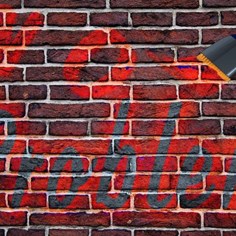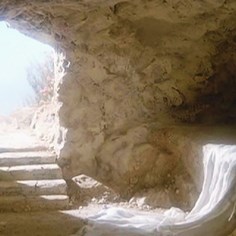-
Understanding Social Analysis
There is ever and always within the human heart a sense of what is and what ought to be. Invariably there is also a tension between the two wherein we wish for the one but resign ourselves to the other. We wish for world peace but resign ourselves to war; we wish for an end to hunger, addiction, poverty, ignorance or any other social ill, but resign ourselves to believing that even our best efforts can do little to effect positive change.
While it is difficult enough for anyone with a conscience to accept the discrepancy between what is and what ought to be, the tension is nonetheless eased with comfort and privilege and personal security. It is easier to live with what is when what is isn’t really so bad. But when one is forced to live with what is and has few if any options for ameliorating the resultant suffering, then life becomes less tolerable.
Fundamental to the methodology of the Craighead Institute are two things that we hope to see course participants realise. The first is the painful reality of the existent social tension between what is and what ought to be. The second, and the more important, is to bring participants to the realisation that these two categories are not fixed nor permanent but are merely constructs of an otherwise malleable social structure. Life may be what is, but it doesn’t have to remain there. While it may never reach the fullness of what ought to be, it can certainly be moved in that direction. Our hope is to empower our course participants with the realisation that they can make a difference both in themselves and in society at large.
Paulo Freire called this the process of conscientization whereby individuals are ‘encouraged and enabled to think about their reality, to become more aware of the constraints on their lives and to take action to transform their situation,’ (Kirkwood and Kirkwood, 1989, p.43). Freire argued that social reality is made by people and can be transformed by people. Far from resignation and acceptance of one’s ‘lot in life,’ Freire believed that society could and should be changed for the betterment of all and particularly for those who know life only as a struggle.
Our aim at Craighead is enable course participants to recognise and understand the invisible and often taken for granted powers at work in our society and act to effect positive change. We see this as a necessary and important outworking of our faith as Christians, but conscientization is for people of all faiths and humanist philosophies alike. We call this the integration of life and faith for a more just world.
Following on from learning to listen, we hope to see our participants realise they can make a positive difference for the common good and we hope that what is might one day become what ought to be.
For detail about upcoming courses and other resources, please see this website at: Courses.




